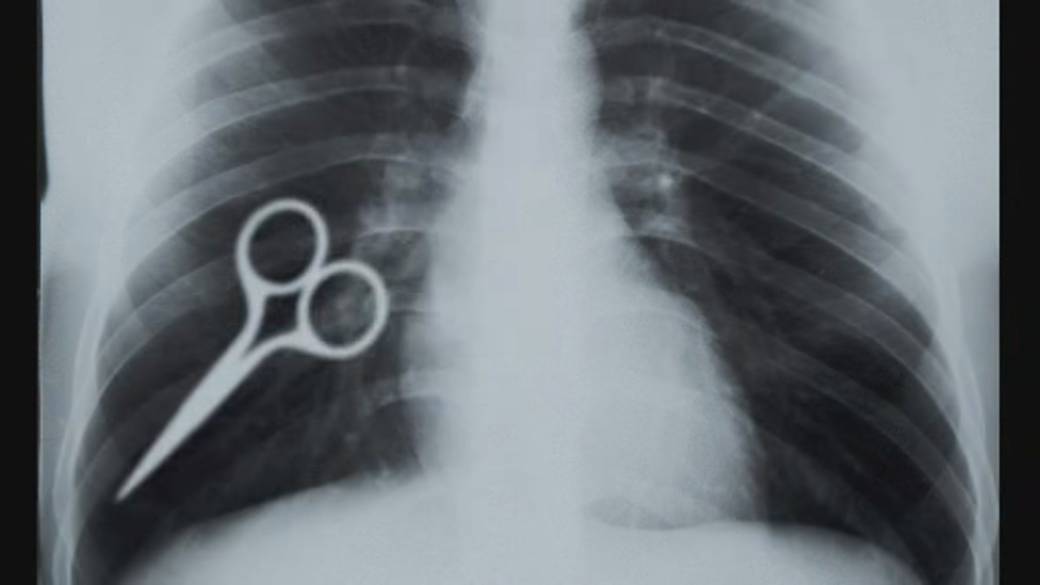
27 Jun COMMON ERRORS IN SURGERY
COMMON ERRORS IN SURGERY EVERY PATIENT SHOULD KNOW
Common errors in surgery is probably not the topic you want to be reading about, but you need to. If not, just so you are aware of potential complications that can occur. Yes it may seem a little nerve racking to think about. However, every patient preparing for surgery and their family members should understand the risks that come with an operation. More specifically, it’s essential to understand what can go wrong in the operating room and how likely it is to happen. To help illustrate this point, we need to examine three severe surgical errors every patient should know.
Anesthetic Error COMMON ERRORS IN SURGERY
Most surgical procedures require some amount of anesthetic, either regional or general. However, many patients may not realize that anesthesia carries a huge amount of risk. That risk comes from from both the chemicals and their administration.
First, an anesthesiologist must be sure to account for the patient’s medical history. That includes things like systematic diseases, past uses of general anesthetic, allergies, and family history. Failure to account for these factors can lead to either an overdose or an adverse drug reaction that could lead to cardiovascular or respiratory failure. In particularly severe cases, an anesthetic error can result in coma or death. In general, older patients are at a significantly higher risk of having anesthesia-related complications.
One of the leading causes of anesthetic errors before and after surgery is the negligent “syringe swap.” This refers to the common case we see (about 1.5 million instances per year). Where a doctor fails to verify the medication (often because drug names look alike or sound alike) before administering it to a patient.
If the doctor wasn’t paying attention, they might administer additional sedatives instead of the reversing agent. This means the patient is unconscious longer, and they are at a greater risk of experiencing brain damage and other injuries.
Incorrect Surgery or Patient
Have you been to the hospital recently and found the staff asking your name and birthdate every time they enter the room? If so, it means they’re taking steps to prevent one of the most devastating kinds of surgical errors, misidentification. That’s when the doctor either operates on the wrong patient or the wrong body part.
When this surgical error happens, there are typically two outcomes. In some cases, a doctor makes the incision, realizes there’s nothing to fix at that location, and then sutures it shut, leaving the patient with an extra scar and a more difficult healing process. In cases of severe negligence, the doctor might continue with the operation as planned regardless of whether there’s anything wrong with that part of the body.
These issues of operating on the wrong site or the wrong patient are surprisingly common, with about 7,500 record cases per year. The suffering and long-term health complications that follow these unnecessary procedures can be life-changing. Therefore, it’s crucial that anyone impacted by this error contact an attorney immediately.
Tool Left Inside the Body
If this was the first thing that comes to mind when you think about surgical errors, you’re not alone. Discovering a foreign object (such as a clamp, forceps, or a sponge) left behind during surgery sounds ridiculous. It is also one of the most frightening types of medical malpractice. You likely won’t realize the object is inside you until it causes complications like pain or internal bleeding.
This error is more common than you might expect, occurring in about 1-in-5,000 surgeries. That amounts to about 1,500 cases of identified foreign objects per year, with potentially more patients still unaware of their condition. Remember, doctors and nurses have a responsibility to account for all their tools before and after surgery. If they don’t account for all their equipment, they are displaying negligence in the operating room. Make sure you are proactive and do research about the Dr. performing the surgery to find any potential malpractice lawsuits or claims.

How a Medical Malpractice Attorney Can Help
If you were impacted by a surgical error, you should contact an experienced medical malpractice attorney as quickly as possible. Once you identify the malpractice, the clock is ticking. You then have a limited amount of time to seek the damages you need for additional surgeries and medical care, as well as pain and suffering.
When an attorney takes your case, the ball really gets rolling. They should handle all the investigating, negotiating, court filings, phone calls, and paperwork on your behalf. When our attorneys take your case, you can focus on what’s most important, your recovery.
FREE CASE EVALUATION
SE HABLA ESPAÑOL
Most Popular Posts
- Abogado Accidente Vegas – ¿Cuando puedo volver a tener un crédito si me declaré en bancarrota?
- “The Good Person Scholarship” – por Abogado Ryan Alexander Ganadores 2022
- “The Good Person Scholarship” – by Attorney Ryan Alexander 2022 winners!
- ¿Que hace un abogado de lesiones personales/accidentes de auto?
- 3 errores comunes que reducen la cantidad de dinero en un accidente automovilístico.
- ¿Cuando me pagarían si tengo un accidente?
- ¿Me pueden deportar si estuve en un accidente de tráfico?
- Sara Sadako Camacho- NUESTRA ESTRELLA NAVIDEÑA
- ESPERANZA Y AYUDA, SORTEO DE $10,000 DE SANTA SECRETO 2021
- Our Christmas Star – Sara Dj Sadako Camacho